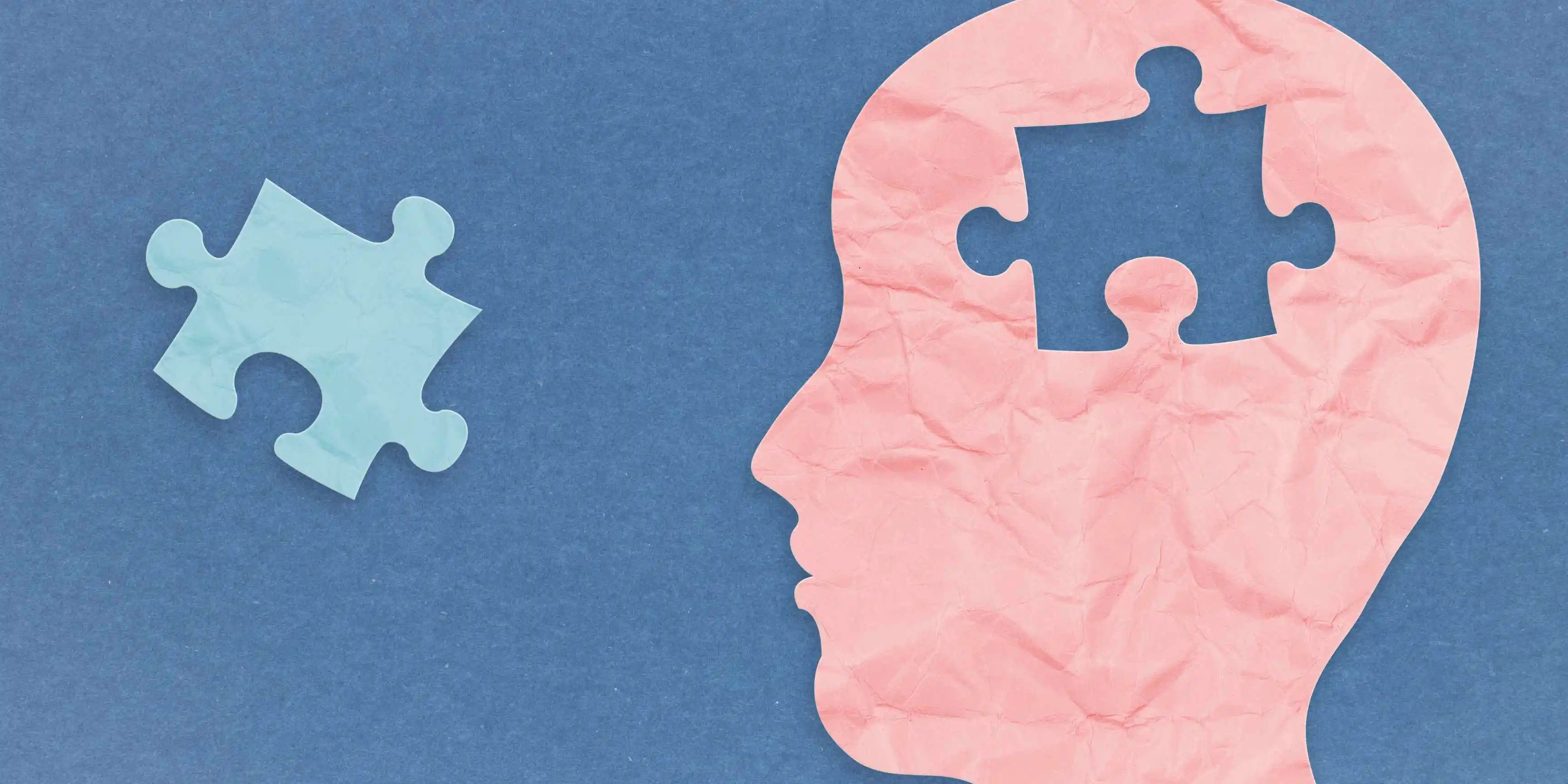
When managing a small business, understanding the nuances of consumer behaviour is crucial. Behavioural economics offers invaluable insights for a business owner, exploring how psychological, social, cognitive, and emotional factors affect economic decisions. By applying principles of behavioural economics, small business owners can enhance their marketing, pricing strategies, and customer engagement, ultimately influencing consumer behaviour positively. Furthermore, acquiring a business loan can be a strategic move to implement these insights effectively.
Behavioural economics can enable you to influence a customer into making a purchase.
Behavioural economics suggests that people do not always make rational decisions. This insight can transform marketing strategies. For instance, "loss aversion" states that people prefer avoiding losses to acquiring equivalent gains, which can be utilised in marketing messages. Highlighting what consumers stand to lose by not using a product or service can be more compelling than promoting what they could gain. Small businesses can also leverage the "decoy effect," where a third option is introduced to make the other two seem more appealing. By presenting products or services in a way that nudges consumers towards the preferred choice, businesses can subtly influence purchasing decisions.
There are several ways to present choices to customers to influence purchases.
Implementing such strategies might require an upfront investment in market research and marketing materials. Here, a business loan can provide the necessary funds to undertake this comprehensive approach, enabling small business owners to design and execute effective marketing campaigns.
Pricing strategies can also benefit from behavioural economics. The concept of "anchoring" demonstrates that the first price presented to consumers heavily influences their decision-making. Businesses can create a perception of value by setting a higher initial price point and then offering a discount. Similarly, the "endowment effect" suggests that people ascribe more value to things once they own them. Offering free trials or samples can make consumers more inclined to purchase, as they feel a sense of ownership over the product.
Creating discounts or offers can be done in a variety of ways to trigger purchases without losses to the business.
Small businesses may need financial support to experiment with these pricing strategies, such as investing in technology that allows for dynamic pricing or resources to offer free trials. A business loan can facilitate these experiments, enabling you to find your market's most effective pricing model.
Behavioural economics also offers insights into enhancing customer engagement. Principles such as "social proof," where people's actions are influenced by observing others, can boost engagement. Businesses can build trust and encourage purchases by showcasing testimonials, reviews, and endorsements.
Additionally, the "scarcity principle" indicates that limited availability can increase an item's perceived value. Implementing limited-time offers or exclusive deals can create a sense of urgency, encouraging quicker decision-making from potential customers.
Discounts or perception of limited availability can be the catalyst for customers making a purchase.
Small businesses can find it beneficial to invest in customer relationship management (CRM) systems, social media campaigns, and other engagement tools. A Love Finance business loan can provide the capital required to invest in these technologies and strategies, enabling businesses to enhance their customer engagement efforts effectively.
By applying principles of behavioural economics, small business owners can gain a competitive edge in marketing, pricing, and customer engagement. However, implementing these strategies often requires an initial investment. This is where a business loan comes into play, offering the financial support needed to apply these insights effectively. Through a strategic approach to behavioural economics and the judicious use of financial resources, small businesses can influence consumer behaviour positively, leading to increased success and growth.


